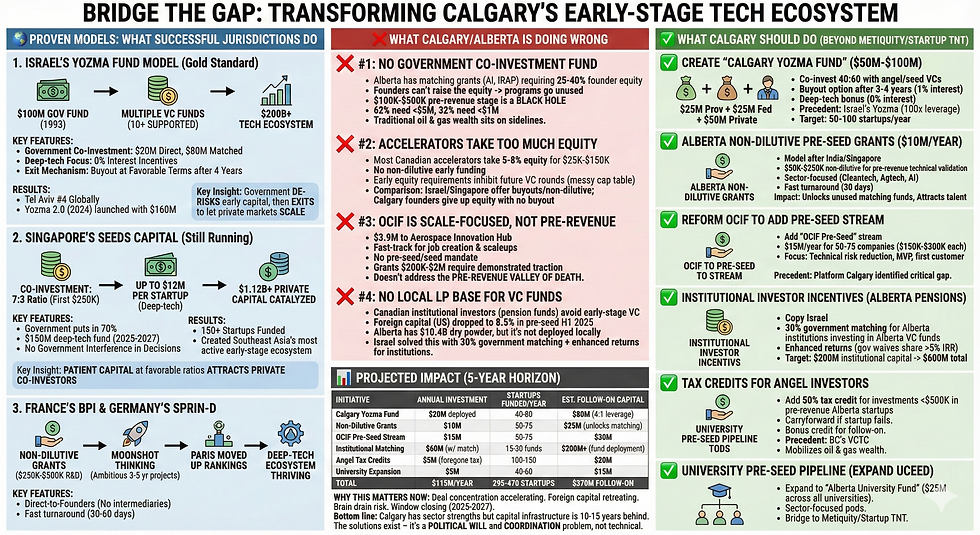What is grant writing?
- Mina Demian

- Dec 11, 2022
- 2 min read
Grant writing can be a challenging and time-consuming process, but it can also be an important step in securing funding for your organization or project. In this blog post, we will provide some tips and advice on how to approach grant writing in order to increase your chances of success.
First and foremost, it is important to carefully read the grant application guidelines and requirements. Each grant program will have its own specific criteria and eligibility requirements, so it is crucial that you thoroughly understand these before beginning the application process. This will help ensure that your proposal is aligned with the goals and priorities of the grant program, and will increase the likelihood that your application will be considered favourably.
Next, it is important to clearly articulate the need for the funding that you are requesting. In order to do this effectively, you will need to conduct thorough research on the issue or problem that your organization or project aims to address. This may involve gathering data and statistics, conducting surveys or interviews, or consulting with experts in the field. By clearly demonstrating the need for the funding, you will be able to convince the grant review panel that your project is worthy of support.
Once you have a solid understanding of the need for the funding, you will need to develop a strong and well-defined project plan. This should include specific objectives, a timeline for completion, and a detailed budget. Your project plan should be carefully thought out and well-organized, as it will be a key component of your grant application.
In addition to a strong project plan, it is also important to demonstrate the potential impact of your project. This may involve conducting a needs assessment, identifying the target population, and outlining the specific outcomes that you hope to achieve. By highlighting the potential impact of your project, you will be able to show the grant review panel that your project has the potential to make a meaningful difference in the lives of those it serves.
Finally, it is important to carefully proofread and edit your grant application before submitting it. Pay attention to spelling, grammar, and punctuation, and make sure that your proposal is clear, concise, and well-written. By taking the time to carefully review your grant application, you will increase your chances of success and avoid common pitfalls that can result in a rejection.

In conclusion, grant writing can be a complex and challenging process, but by following these tips and advice, you can increase your chances of success and secure the funding that your organization or project needs. By thoroughly understanding the grant application guidelines, clearly articulating the need for the funding, developing a strong project plan, demonstrating potential impact, and carefully proofreading and editing your proposal, you can position yourself for success in the grant writing process.




Comments